The peculiarities and threats of the new law On Media for Ukrainian mass media have been discussed at the Lviv Journalists’ Solidarity Center (JSC).
Taras Sharobura, the recently appointed representative of the National Television and Radio Broadcasting Council of Ukraine in the Lviv Region, came to a meeting with the editors of local media and members of the secretariat of the Lviv regional organization of the National Union of Journalists of Ukraine (NUJU).
During the presentation of the norms of the new law, he focused in detail on its most controversial provisions. He drew attention to the fact that the text of the law itself is quite voluminous, with 33 percent of the volume being transitional provisions. This law amends 30 other regulatory legal acts. As Andrii Bolkun, the head of the Lviv JSC, noted, today, this law has become a kind of ‘horror’ for journalists and newsrooms.
“It is, of course, great that our legislators have created new rules of the game for the media. And they were allegedly based on European models. But let’s not forget that in Europe, democratic institutions are quite strong, there is no censorship, and freedom of speech is inviolable. And in the context of our country, it should be taken into account that the authorities may be tempted to introduce censorship and put pressure on freedom of speech with the help of the norms of the new law. Therefore, it is precisely in the relations between the government and the media that the greatest threat of the newly adopted law On Media lies both for the journalists, their newsrooms, and for the development of civil society as a whole,” he noted.
Taras Sharobura emphasized the necessity of re-registration of print media: the legislator has given a whole year for this. Obtaining an appropriate license is mandatory for media that use a radio frequency resource. For online media, registration is voluntary. At the meeting of the National Council on May 18, 2023, the Procedure For Media Entities’ Submitting Applications To National Council was approved.
Call the Lviv JSC by dialing 067 370 0440 (Andrii Bolkun, the Lviv JSC coordinator). The Center’s address is 5 Solomiyi Krushelnytskoyi.
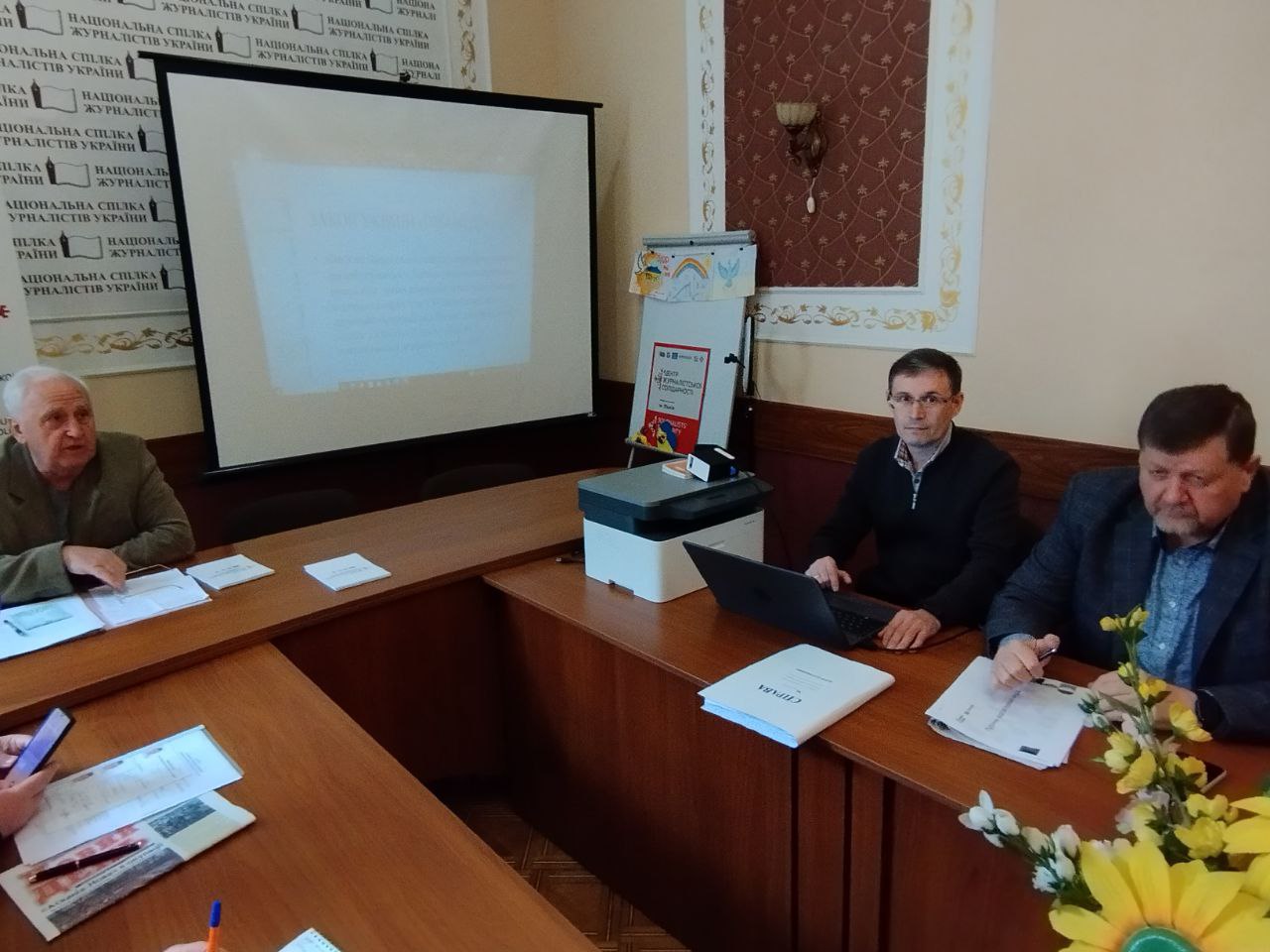
As earlier reported, the Journalists’ Solidarity Centers is an initiative of the NUJU implemented with the support of the International and European Federations of Journalists and UNESCO. The initiative is designated to help media representatives working in Ukraine during the war. The Centers operate in Kyiv, Lviv, Ivano-Frankivsk, Chernivtsi, Zaporizhzhia, and Dnipro and provide journalists with organizational, technical, legal, psychological, and other types of assistance.
UNESCO is the United Nations Educational, Scientific, and Cultural Organization. It contributes to peace and security by promoting international cooperation in education, sciences, culture, communication, and information. UNESCO promotes knowledge sharing and the free flow of ideas to accelerate mutual understanding. It is the coordinator of the UN Action Plan on the Safety of Journalists and the Issue of Impunity, which aims to create a free and safe environment for journalists and media workers, thus strengthening peace, democracy, and sustainable development worldwide. UNESCO is working closely with its partner organizations in Ukraine to provide support to journalists on the ground.
The designations employed and the presentation of material throughout this digest do not imply the expression of any opinion whatsoever on the part of UNESCO concerning the legal status of any country, territory, city, or area or its authorities or concerning the delimitation of its frontiers or boundaries.
The authors are responsible for the choice and the presentation of the facts contained in this digest and for the opinions expressed therein, which are not necessarily those of UNESCO and do not commit to the organization.
Information service of Lviv NUJU regional organization

 THE NATIONAL UNION OF
JOURNALISTS OF UKRAINE
THE NATIONAL UNION OF
JOURNALISTS OF UKRAINE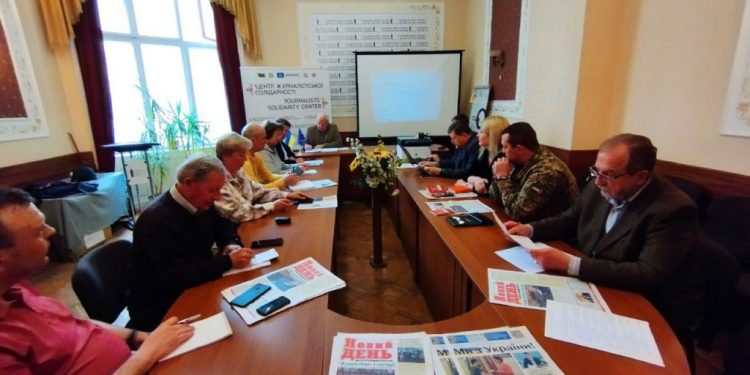
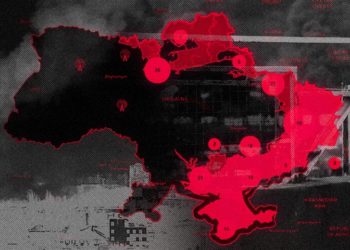
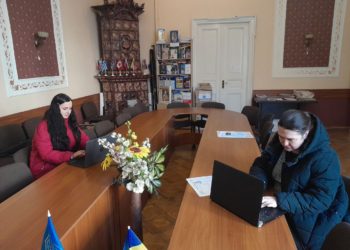
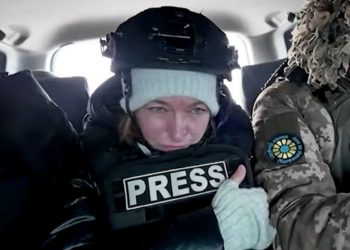













Discussion about this post